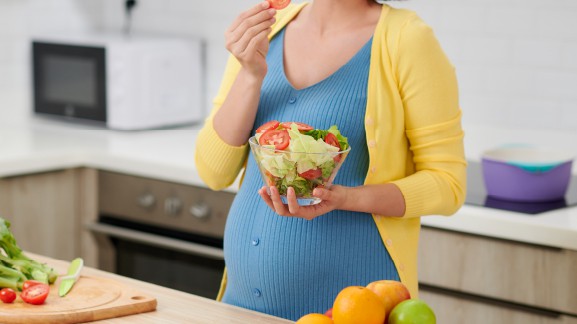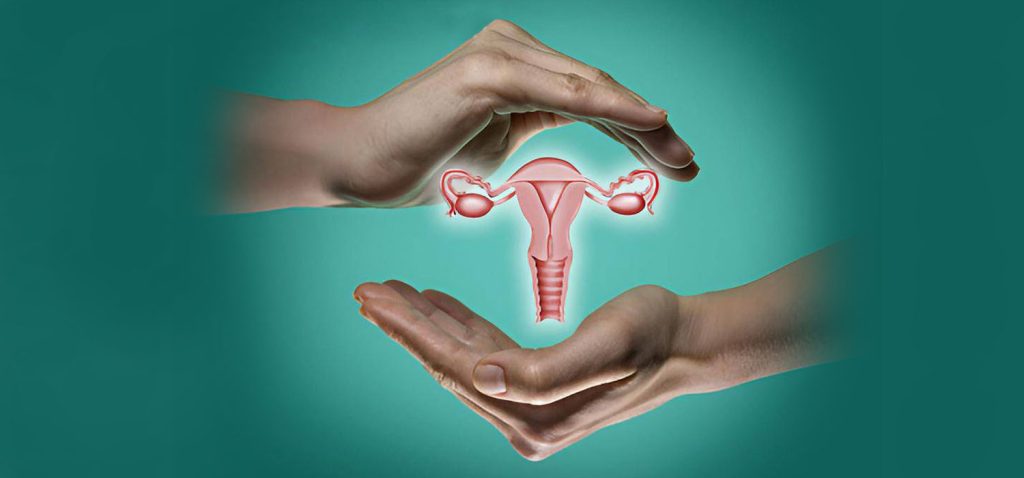Nutrition’s Role in Enhancing Fertility

When it comes to boosting fertility, a well-balanced diet plays a significant role.Read More
The Connection Between Diet and Fertility
What you consume affects many aspects of your health, including reproductive systems. Nutrients are the building blocks of hormones, and hormone levels directly influence ovulation and sperm production. A poor diet can lead to imbalances that reduce the chances of conception, while nutrient-dense foods can help create an ideal environment for reproduction.
Key Nutrients That Promote Fertility
Certain vitamins, minerals, and other nutrients are particularly important for improving fertility. Here are some of the most crucial:
1. Folic Acid
Folic acid, or folate, is essential for women trying to conceive. It plays a critical role in cell division and the development of a healthy fetus. Many experts recommend taking folic acid supplements or consuming foods rich in folate, such as leafy greens, beans, and fortified grains, to reduce the risk of birth defects and support early pregnancy.
2. Zinc
Zinc is vital for reproductive health in both men and women. In men, it boosts testosterone levels and improves sperm production and motility. For women, zinc helps regulate the menstrual cycle and promote ovulation. Oysters, nuts, seeds, and whole grains are excellent sources of zinc.
3. Omega-3 Fatty Acids
Omega-3 fatty acids are essential for maintaining hormonal balance. They reduce inflammation and support blood flow to the reproductive organs, which is beneficial for egg and sperm health. Consuming fatty fish like salmon, flaxseeds, and walnuts can provide your body with these essential fats.
4. Antioxidants (Vitamin C and E)
Antioxidants such as vitamin C and E help protect sperm and eggs from oxidative stress, which can damage cells and lead to infertility. These vitamins also promote healthy hormone function. Include berries, citrus fruits, nuts, and green vegetables in your diet to boost your antioxidant intake.
5. Iron
Iron is particularly important for women, as it helps prevent ovulatory infertility. Consuming iron-rich foods like spinach, lentils, red meat, and fortified cereals can improve fertility by supporting healthy ovulation.
Foods to Include and Avoid
A fertility-friendly diet emphasizes whole, nutrient-dense foods and minimizes processed and sugary items. Here are some foods to focus on:
- Fruits and Vegetables: Full of antioxidants, vitamins, and minerals that support reproductive health.
- Whole Grains: High in fiber and nutrients that help regulate blood sugar levels and hormone balance.
- Lean Proteins: Chicken, turkey, and plant-based proteins like beans and lentils can provide essential nutrients without excess fat.
- Healthy Fats: Sources such as olive oil, avocados, and nuts support hormone production and reduce inflammation.
On the other hand, it’s important to avoid or limit certain foods that may negatively affect fertility:
- Processed Foods: High in trans fats, refined sugars, and artificial additives, processed foods can lead to inflammation and disrupt hormone levels.
- Excess Caffeine and Alcohol: Both caffeine and alcohol can interfere with ovulation and reduce sperm quality when consumed in excess.
Hydration and Fertility
Staying hydrated is often overlooked in discussions about fertility, but water plays an important role in ensuring that reproductive organs function properly. Proper hydration supports the cervical mucus needed for sperm to travel to the egg and enhances the quality of semen.
Final Thoughts
Good nutrition is foundational for enhancing fertility. A diet rich in key nutrients like folic acid, zinc, omega-3s, and antioxidants can boost reproductive health and improve the chances of conception. By focusing on whole foods, staying hydrated, and limiting processed items, you can create an environment that supports fertility for both men and women.
Related Posts

How Live-In Carers Support Women Through Complicated Pregnancies

Navigating Fertility Challenges: Insights and Innovations


